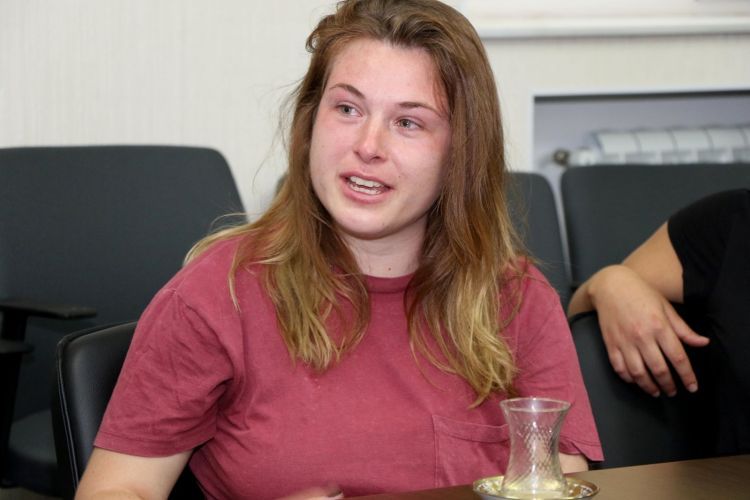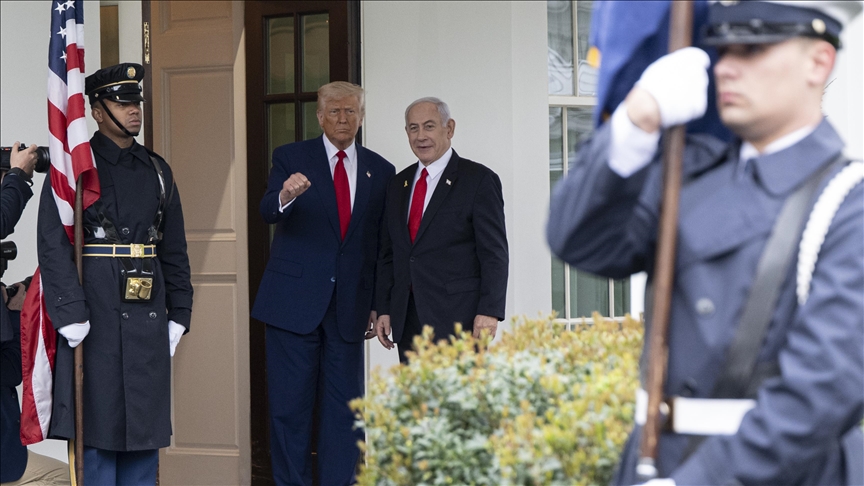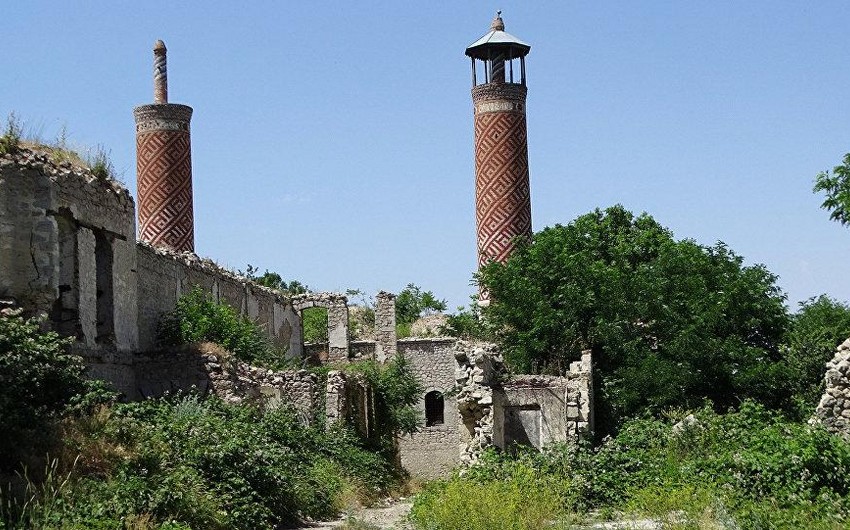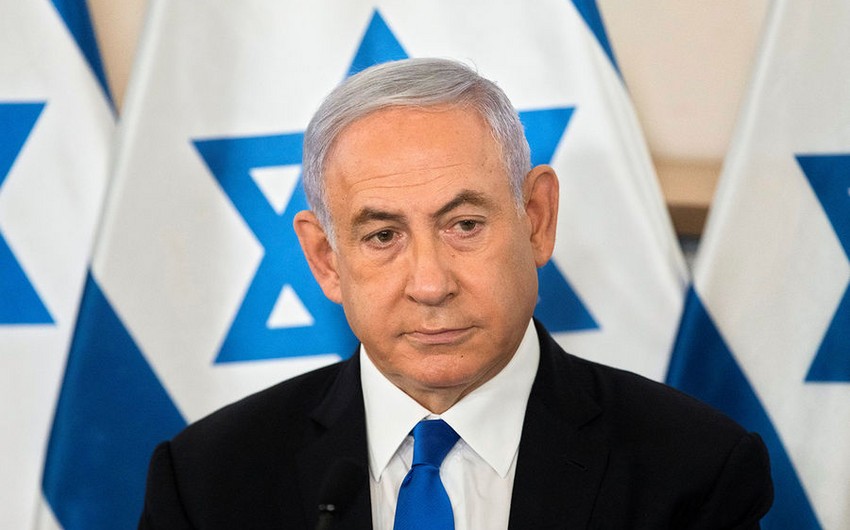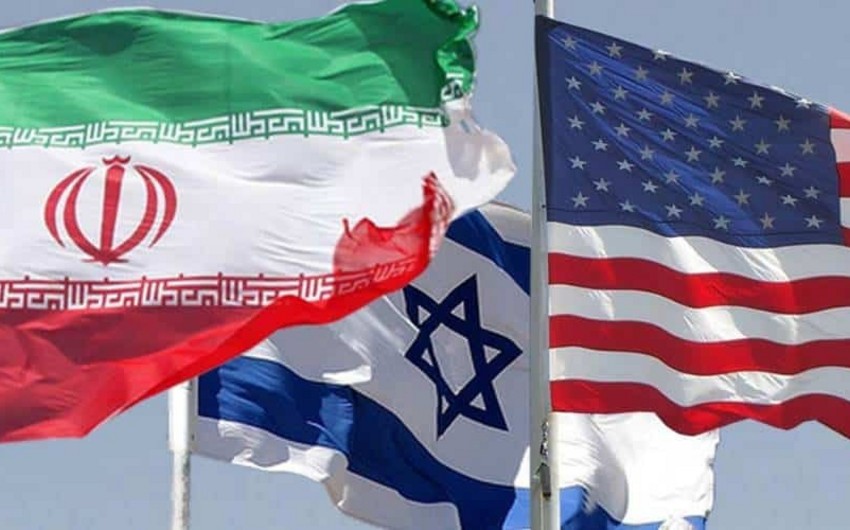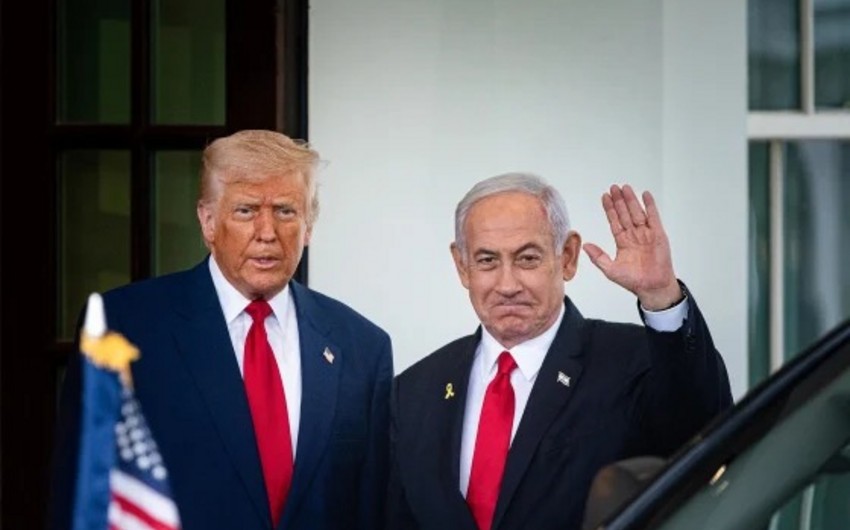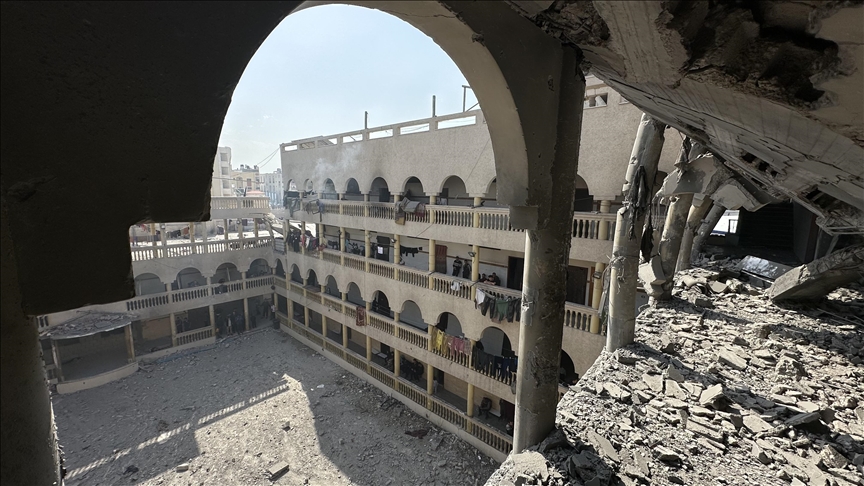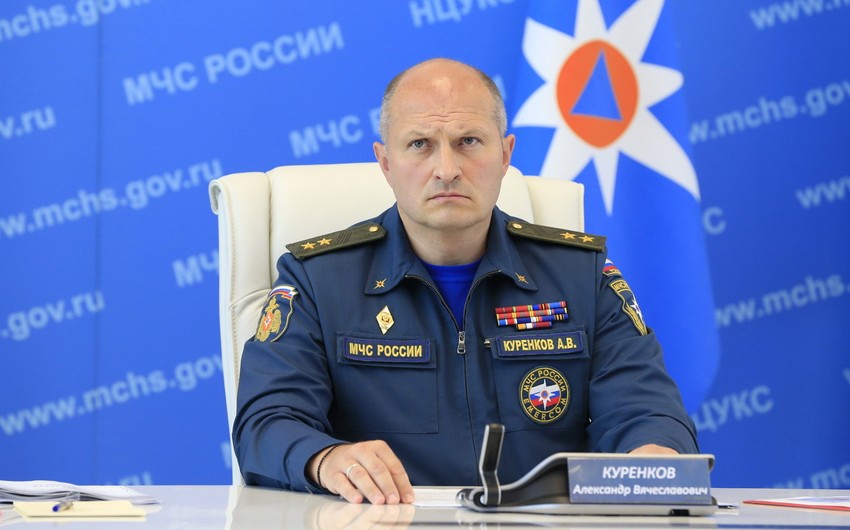An introductory session was held in the office of the International Eurasia Press Fund (IEPF) with foreign students who arrived in Azerbaijan as part of a volunteer program supported by the international organization AIESEC. According to Eurasia Diary, during the meeting, students became more familiar with the activities of the Fund and a number of ongoing projects aimed at developing the vulnerable segments of the population, in particular women, children, refugees and IDPs in the war-affected regions of Azerbaijan. The participants included students from Austria, Italy, Morocco, Pakistan, Russia, Serbia and Ukraine. For all this was the first visit to Azerbaijan, a country to which they said they had long been trying to come.
President of the International Eurasia Press Fund Umud Mirzayev welcomed the participants. During the conversation, he noted the importance of a volunteer program that allowed participants to come to Azerbaijan and participate in social projects.
It is worth noting that over the course of 6 weeks, students will take part in 2 social projects covering the problems of gender equality and ecosystem protection.
%20(1).jpg)
Speaking about why they chose Azerbaijan, the students agreed that Azerbaijan was interested in them with its culture and traditions, especially with its unique geographical location at the intersection of Asia and Europe. Some have heard a lot about Azerbaijan in the framework of university programs, and now they have a unique chance to see everything with their own eyes.
“When I began to study in Azerbaijan, I was very surprised and interested in the culture of this country. I was also interested in a project aimed at empowering women ”- Sarah Saakoun (participant from Morocco).
“I came to Azerbaijan because they told me a lot about how beautiful and wonderful it is here. Everyone who visited here advised me to come ”, Vera Lavrenteva (Russia).
.jpg)
“I chose Azerbaijan because I have already been to many European countries and this is something new and interesting for me. Azerbaijan is a completely different culture, but it seems to me that Ukraine and Azerbaijan have similar problems due to the fact that we are two countries that were once part of the Soviet Union and to some extent I feel this country ”- Roksolana Vlasyuk (student from Ukraine).
Assistant of the President of the International Eurasia Press Fund Anastasia Lavrina held a presentation, telling in detail about the directions of the organization. She noted the importance of the General Status at the UN Economic and Social Council, and close cooperation with international structures.
.jpg)
Referring to a number of humanistic projects, Umud Mirzaev noted that since its founding in 1992, the organization has made a significant contribution to the development of civil society, the media and work with refugees and internally displaced persons that have emerged in the country as a result of the Armenian-Azerbaijani Nagorno-Karabakh conflict. He told how he himself suffered during the Armenian occupation of Azerbaijani lands and how, until now, people in the front-line regions, for almost 30 years, have been living under constant shelling.
The participants were shown a video prepared by the Fund showing the life of children living next to the line of contact and their desire to live without war.
.jpg)
Seen, did not leave anyone indifferent. Some could not hold back their tears, recalling similar situations in their countries.
“Today, we don’t know for sure whether Kosovo exists as part of Albania or as a separate country. My friend, who I know from school, experienced a similar situation. 20% of people living there (in Kosovo) are Serbs and they are afraid to live in their own homes, so this video is very emotional for me, ”said Natasha Milosevic from Serbia.
.jpg)
“If we have a chance, maybe we can go to these regions. I really want to do this and see these people. Maybe we can help them empower, just give them a little motivation or something that could help them, ”Sara Sahakun (Morocco).
“Now the conflicts are unfolding in more than 50 countries, about 65 million people have become refugees or displaced people and cannot return to their homes. There is a lot of misinformation about military conflicts, not only about Azerbaijan, but also about Serbia, Syria, Iraq and a number of Arab countries. Unfortunately, this is a reality today, but we can improve this world only by joint efforts, ”said Umud Mirzayev.
“In Italy, I read a book about the Karabakh conflict and women who lost their husbands. The book has a map reflecting the occupied territories of Azerbaijan. These women now live in Baku and cannot return to their native lands. It is very sad to read, but when you see all this, it is even worse, ”said Veronica Forte (participant from Italy).
.jpg)
“All this information and stories about the occupation of Nagorno-Karabakh and, frankly, this is one of the main reasons why I decided to come to Azerbaijan to learn more about this conflict. I learned about the conflict only from the program at the university and from the words of our teacher, but in general, people do not know anything about it. And the fact that they teach us at the university is not enough to form an exact concept of conflict. Therefore, thank you for sharing with us ", Simone Scotty (Italy).
All participants expressed a desire to visit the front-line regions of Azerbaijan, to meet with people living there, to see everything with their own eyes.
At the end of the meeting, the participants familiarized themselves with the exhibition, visually reflecting the real consequences of the Karabakh conflict. Destroyed monuments of architecture and houses, shot tombstones, the consequences of an environmental disaster in the occupied lands of Azerbaijan, did not leave anyone indifferent.
A number of open sessions are expected in the near future, where social problems and international experience will be discussed. More detailed information and dates will be presented.
Written by Anastasia Lavrina

